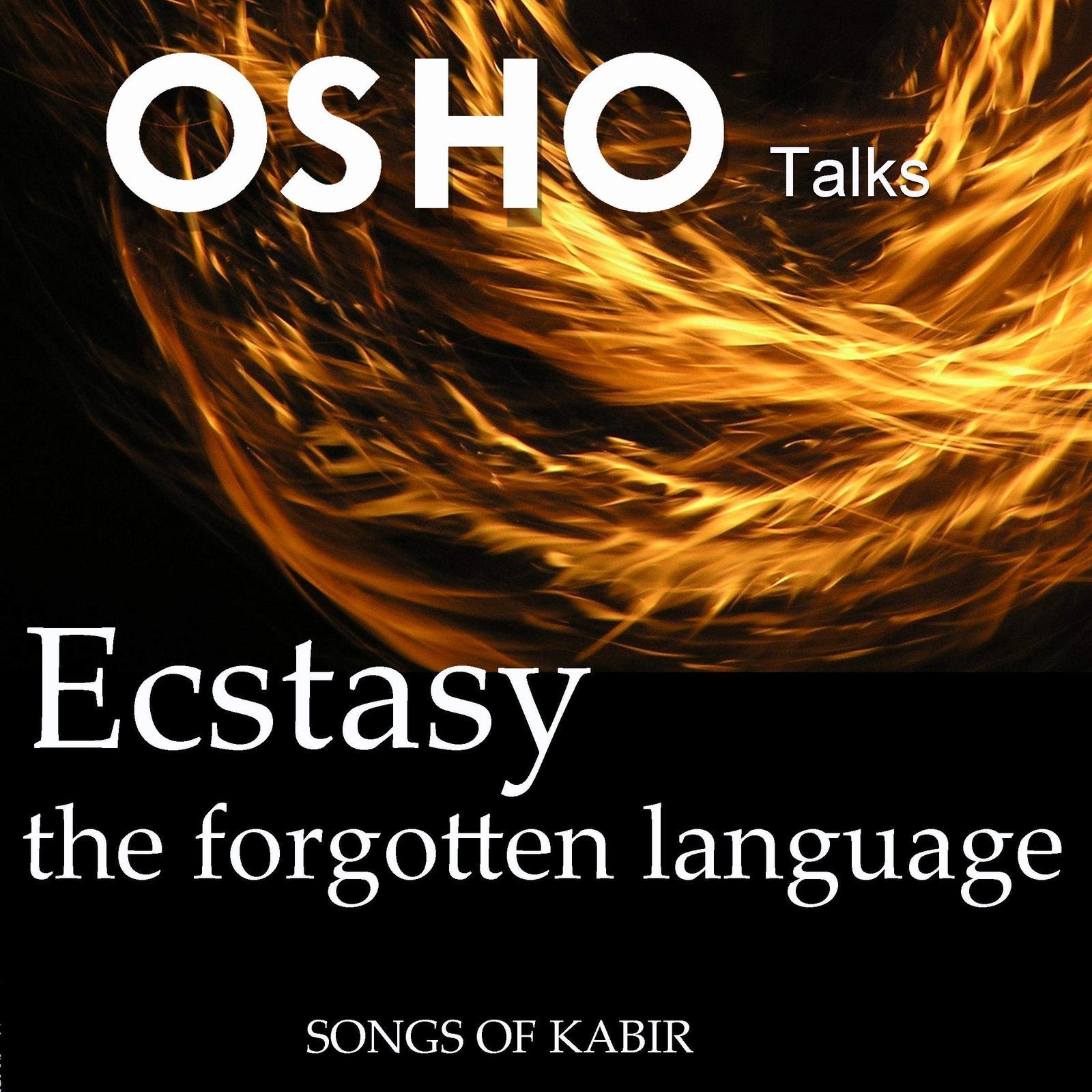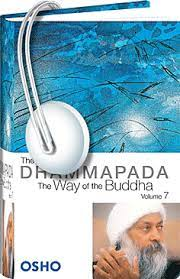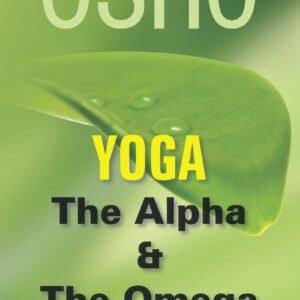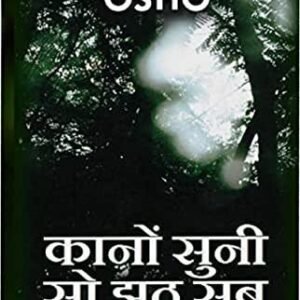Product Description
Before we enter into the words of mystic poet Kabir, it will be good to know something about Kabir.
Much is not known – fortunately – because when you know too much about the person, it creates
more complexities in understanding him. When you don’t know anything about the person himself,
then there is less complexity. That’s why in the East it has been one of the most cherished old
traditions not to say much about the mystics, so that it never hinders people. We don’t know much
about Krishna and we don’t know much about Buddha; or all that we know about them is more
mythological than historical, not true, fictitious. But about Kabir, even fiction does not exist. And he
is not very ancient, yet he lived in such a way that he has effaced himself completely. He has not left
any marks.
Only politicians leave marks on time – only politicians are that foolish. The mystics live in the
timeless. They don’t leave any marks in time, they don’t leave any signatures on time. They don’t
believe in signing on the sand of time. They know it will be effaced, so there is no point in it.
Kabir has not said much about himself, nothing much is known about him. Not even this much
is known – whether he was a Hindu or a Mohammedan. The story goes that he was born a
Mohammedan but was brought up by a Hindu. And this is beautiful; this is how it should be. Hence
his richness. He has the heritage of two rich traditions: Hindu and Mohammedan. If you are just a
Hindu, of course, you are poor. If you are just a Mohammedan you are poor.
Look at my richness. I am a Hindu and a Mohammedan and a Christian and a Sikh and a Parsi. Not
only that, I am a theist and I am an atheist too










Reviews
There are no reviews yet.